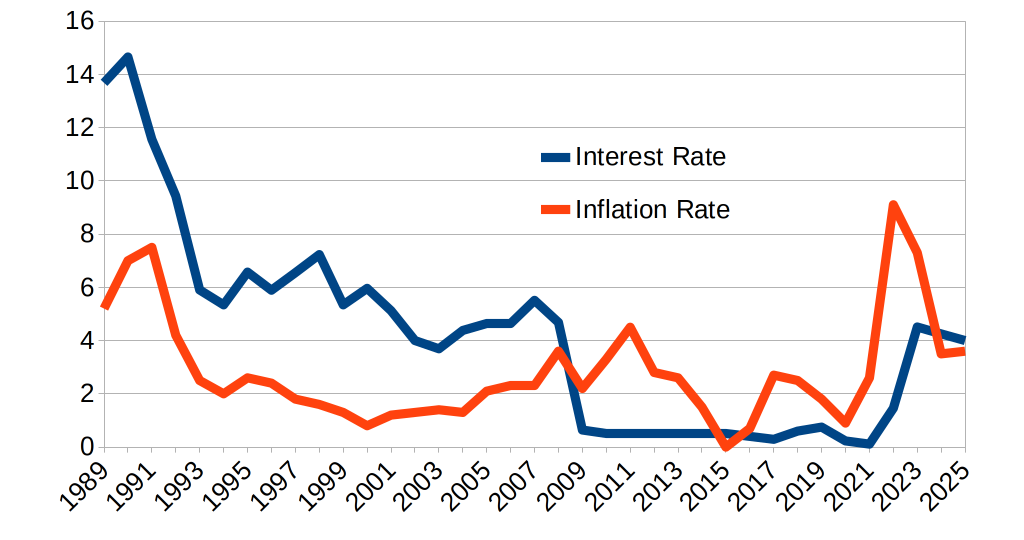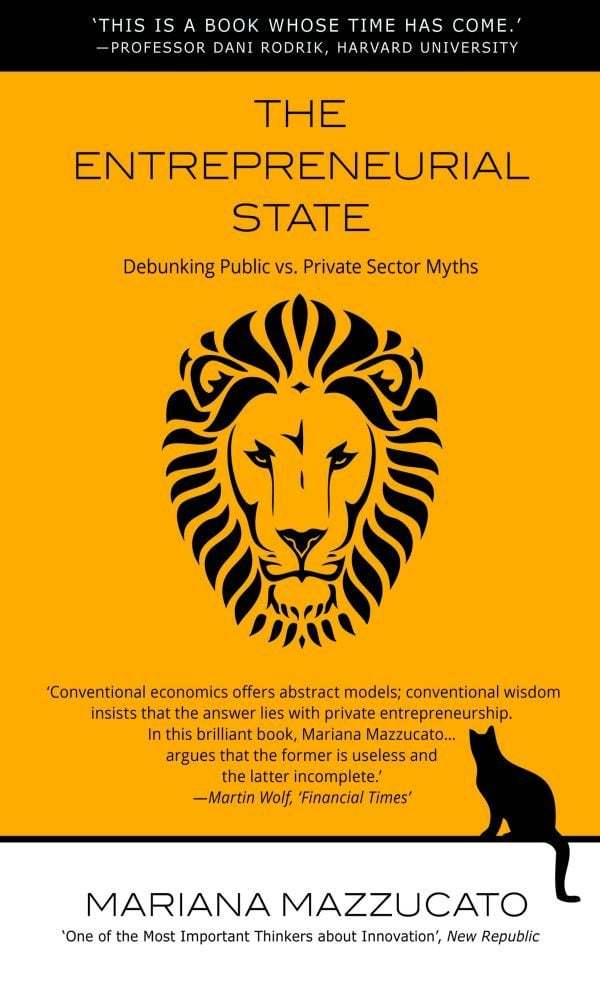
I'm absolutely addicted to the Reddit's UK Personal Finance forum - where people mutually support each other through the difficult world of managing one's personal finances. It's a great community and full of people eager to help others. In amongst the confusion around pensions, tips for budgeting, and complaining about debt-collectors is a persistent drumbeat encouraging people to save money.…
Continue reading →

Much hullabaloo about Oasis using "Dynamic Pricing" for their concerts. There are far more fans than there are tickets, so prices rise. There are all sorts of complicated economic theories around how efficient markets can be, and whether "reverse Dutch auctions" are sensible. But the end result is always the same - the richest fans get to see their heroes and the rest of us pay inflated prices. …
Continue reading →

I recently received a survey from an event I'd attended. Look, I've read The Circle, so I know that I have to give individuals scores of 10 or they'll be fired. I also know Net Promoter Score is bullshit, but the people sending the survey have faith in it. So I filled it in as best I could. But then I got to this question: Putting aside whether I feel like something is good value for money -…
Continue reading →

In "Theory Of Games And Economic Behavior" by John von Neumann and Oskar Morgenstern, the authors discuss the card game of poker. There are dozens of variations of poker, each with their own intricacies. But they all boil down to the same pattern - is my hand stronger than your hand? Here's how the authors frame it: Since a “square deal” amounts to assuming that all possible hands are dealt wit…
Continue reading →

Numbers are hard. I don't mean that in a snarky way. It's easy to visualise a bunch of bananas, but it's almost impossible for most people to comprehend how many bananas are shipped around the world each year. It's easy to understand your pay-cheque, but understanding a national budget pales in comparison. So British Gas announced profits of £969 million for the first 6 months of the year. Is …
Continue reading →

I've been a vegetarian since the turn of the century. I always felt like I should probably be vegan but, you know, cheese is delicious. Then, without warning, my body decided that producing the human lactase enzyme was for losers. Stupid body! No more cheese for me 😭 The UK has come on leaps and bounds in the last 20 years. When I first became a salad-aficionado, the vegetarian options in most r…
Continue reading →

With the collapse of VC subsidised convenience firms - for example instant grocery delivery apps - the modern world is facing a minor meltdown. No more biscuits on demand! No more cheap drivers at your beck and call! Calamity! Some have dubbed this The End of the Servant Economy. Perhaps it is. But what do we mean by a "servant"? If I lived in Downton Abbey or Bridgerton (I wish!) then the…
Continue reading →

Whenever you buy a second-hand book, you are stealing revenue from the author and publisher. It makes no difference whether you buy from a charity shop or a for-profit store. All the money goes to the seller of the book, and none of it flows back to the copyright holders. (The situation is slightly different if you borrow a book from a library. In the UK, authors earn money every time a book is …
Continue reading →

The Age of Surveillance Capitalism is a deeply-reasoned examination of the threat of unprecedented power free from democratic oversight. As it explores this new capitalism's impact on society, politics, business, and technology, it exposes the struggles that will decide both the next chapter of capitalism and the meaning of information civilization. It shows how we can protect ourselves and our …
Continue reading →

This book debunks the myth of the State as a large bureaucratic organization that can at best facilitate the creative innovation which happens in the dynamic private sector. It argues that in the history of modern capitalism the State has not only fixed market failures but also shaped and created markets, actively investing in new technologies and sectors that private investors only later find…
Continue reading →

I am not an economist - so perhaps someone more intellectually equipped than me has already written a better version of this blog post. "I, Pencil" by Leonard E. Read is an influential essay on the nature of free-market capitalism. It correctly points out that the modern world is so complex and interdependent that no one man can know his true place in it. The world is impossible to control, so …
Continue reading →

I was reading an article in The Guardian about a new "no frills" transatlantic airline. The author talked about the various costs, and whether the cost savings were worth it. So, how much cheaper is it really? BA wanted a minimum of £709.31, while Virgin's cheapest was £689.31. Norwegian offered us a flight at £579.20 without hold luggage or meals, or £649.20 with. So while the new challenger i…
Continue reading →










